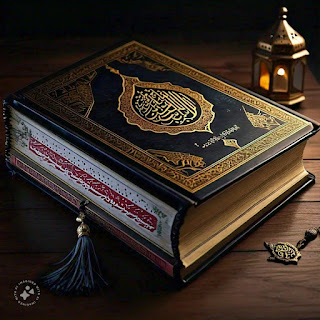History of Maulana Syed Abul A'l. a. Maududi
Maulana Syed Abul A'l. a. Maududi (1903–1979) was a prominent Islamic scholar, philosopher, journalist, and political thinker from South Asia. he is high-quality known as the founder of the **Jamaat-e-Islami**, one of the maximum influential Islamic political movements of the twentieth century. below is a brief records of his lifestyles and contributions:
### childhood
- **beginning**: Born on September 25, 1903, in Aurangabad, India, into a traditional Muslim circle of relatives with a strong emphasis on religious getting to know.
- **training**: He received his early training in Islamic studies at domestic and later studied at Darul Uloom in Hyderabad. but, he did not whole formal college education and became largely self-taught in many disciplines.
### career in Journalism and Writing
- **Early profession**: Maududi began his career as a journalist, writing for numerous Islamic courses. His journalistic style mixed eloquence with a deep knowledge of Islamic teachings.
- **Editor of Al-Jamiyat**: In 1926, he became the editor of *Al-Jamiyat*, a main Islamic magazine, which helped him gain recognition in highbrow circles.
- **Prolific creator**: Over his lifetime, he wrote extensively on Islamic theology, law, politics, and society. His works encompass books, essays, and tafsir (Qur'anic commentary), along with *Tafhim-ul-Qur'an* (a simplified Qur'anic remark).
### Founding of Jamaat-e-Islami
- **established order**: In 1941, Maududi founded the Jamaat-e-Islami in British India, aiming to set up an Islamic nation primarily based at the Qur'an and Sunnah.
- **Philosophy**: He encouraged for the application of Islamic standards in all factors of existence, inclusive of governance, economics, and social justice.
- **Political Activism**: After the partition of India in 1947, Maududi moved to Pakistan and became a vocal proponent of creating Pakistan a genuinely Islamic kingdom.
### Key Contributions
- **Political concept**: Maududi is credited with formulating the idea of *Hakimiyyah* (the sovereignty of God), emphasizing that closing authority belongs to God, now not human beings. This concept influenced Islamic political moves worldwide.
- **Islamic Revivalism**: He sought to reinterpret Islam in a present day context, making it relevant to modern issues. His works stimulated Islamic revivalist movements globally, inclusive of the Muslim Brotherhood inside the Arab international.
- **Tafhim-ul-Qur'an**: His Qur'anic statement stays widely read and is taken into consideration one among his greatest highbrow contributions.
### Controversies and demanding situations
- **competition**: Maududi faced complaint from secularists, liberals, and some Islamic students for his views on governance and his opposition to Western ideologies like nationalism and socialism.
- **Arrests**: He turned into imprisoned several instances for his political activities, including a death sentence in 1953 (later commuted) for his competition to the Ahmadiyya motion in Pakistan.
### Legacy
- **dying**: Maulana Maududi passed away on September 22, 1979, in Buffalo, big apple, where he had long past for medical treatment.
- **impact**: His ideas hold to persuade Islamic political thought and moves round the sector. whilst some view him as a visionary reformer, others criticize his strict interpretations.
/>
Maududi's intellectual legacy lies in his capability to combination conventional Islamic scholarship with modern political and social challenges, making him one of the maximum influential Islamic thinkers of the cutting-edge generation.



Comments
Post a Comment